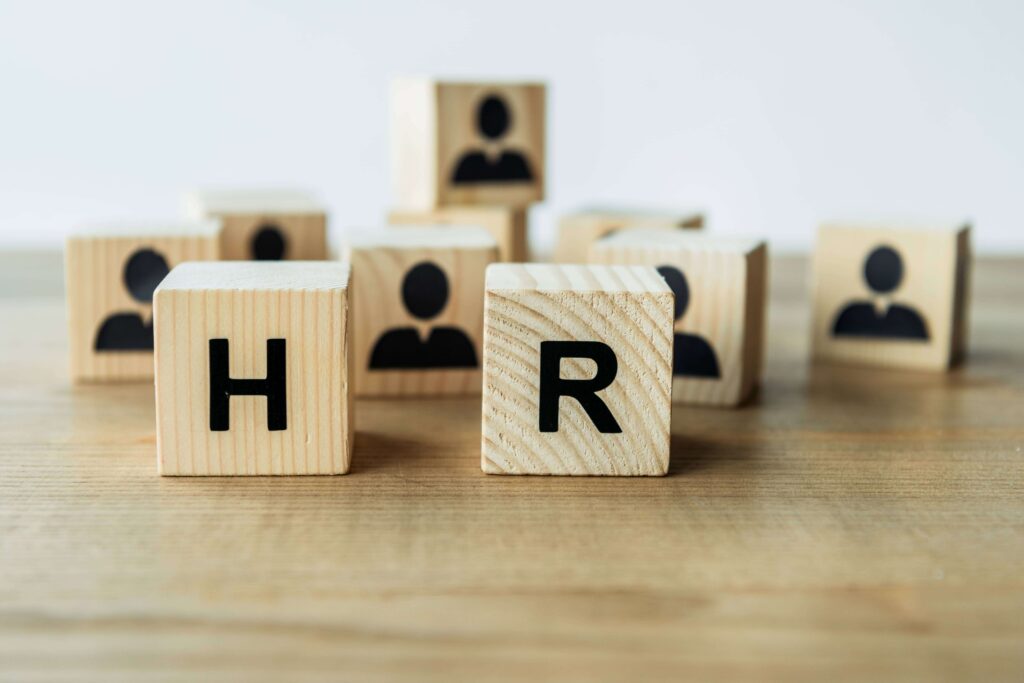Did you know that 20th May is International HR Day?
You could be forgiven for not knowing such a day even exists, let alone when it is. Before the Covid-19 pandemic, HR was often viewed as a primarily reactive business function: seen and not heard unless something went wrong.
However, the landscape has altered considerably over the past two years, to the worrying point where 98% of HR professionals are burned out, according to a recent survey published in Forbes.
As business leaders panicked, HR “had to quickly figure out how to move their employees online and set up a functioning robust distributed workforce while dealing with a raging pandemic”.
Let’s not forget, too, that HR was the function responsible for delivering large swathes of bad news during the pandemic. Many employees were furloughed, with no idea of when they might return to work, or they were made redundant.
Forbes notes that, as devastating as such news is for the recipient, it “also takes a huge emotional toll on the person delivering the message”.
Now, as the world embraces normality once again, HR is busy dealing with the emergence of brand-new phenomena, such as the design of hybrid working patterns, and navigating the effects of the Great Resignation.
It is our view that business leaders should schedule two priorities over the coming months. One, to celebrate and recognise the valuable work carried out by HR professionals. Two, to place HR at the forefront of designing a people-focused workplace that can withstand future challenges.
HR is uniquely – and perfectly – placed for this role, for many reasons.
Getting to know you (all over again)
As the function that has most likely been in regular contact with employees throughout the pandemic, HR will have greater insight into their needs and priorities, and crucially, how these have shifted over time.
Necessarily, since 2020 employee wellbeing has taken centre-stage. Yet rather than blanket one-size-fits-all policies, there is demand for a flexible and connected approach that treats employees as the individuals they are.
As a recent HR Magazine article notes: “We’re witnessing the nature of workplace relationships having to change… that’s what you need to know before you start designing your wellbeing strategy, knowing who you’re designing it for”.
Re-establishing purpose and identity
A 2021 report by the consulting firm McKinsey notes that “companies that execute with purpose have greater odds of creating significant long-term value generation, which can lead to stronger financial performance, increased employee engagement, and higher customer trust”.
According to the report, HR can not only help to re-establish the organisation’s core identity and purpose in a changed world, but it can also help to ensure these elements are embodied; for example by incorporating purpose-driven metrics into recruitment, compensation, and employee development.
Putting people – and their skills – first
Developing a ‘human-centric culture’ has been defined by PwC as one of the top priorities in re-positioning organisations for the future. Organisations must “make a conscious effort to preserve their core values and emphasise building a workplace that puts people at the forefront of every decision”.
The PwC report emphasises HR’s vital role in creating such a culture, also advocating the use of pulse and satisfaction surveys to focus on employee engagement, and to “gauge experience and ideas”.
HR is also well-placed to create organisation-wide skills maps that take into account any new skills employees may have gained during lockdown, and which highlight gaps and opportunities that can be met by developing existing staff.
As an article by the business training provider Lorman highlights, “continuous learning can transform an organization and help it be adaptive and resilient in the face of changes… also show(ing) employees that they are valued since the company cares about career development”.
What will you do to celebrate HR on 20th May?
As we have seen, involving HR in the design of your organisation’s future strategy has the potential to help it not only withstand, but to grow and become energised, by the challenges of the years ahead.
So, don’t waste your organisation’s opportunity to recognise the hardworking HR and people professionals who make such valuable contributions to businesses all around the world!
If you would like some expert guidance on how to future-proof your workforce, please contact our team at Viridian HR.

